These medical tests in your 50s are more important than you think!
As we get older, many of us become more focused on taking better care of ourselves and trying to improve our health and fitness. But it can still be hard to be sure of what condition our bodies are really in—or whether we’re more susceptible to developing certain diseases.
While it’s normal to spend money and time making sure our cars don’t break down, we don’t always take precautions with our bodies. However, investing a bit of time to undergo routine medical tests can not only assure us that we are in good health but also have the potential to save lives.
Since age is a risk factor for many health issues (such as heart disease, type 2 diabetes, and most forms of cancer), it can be very helpful to learn more about the different medical tests in your 50s that help keep your body healthy. Knowing which health checks are out there allows you to make informed decisions about your health and feel confident that you’re taking the right precautions.
This being said, here are ten important medical tests in our 50s that you shouldn’t overlook!
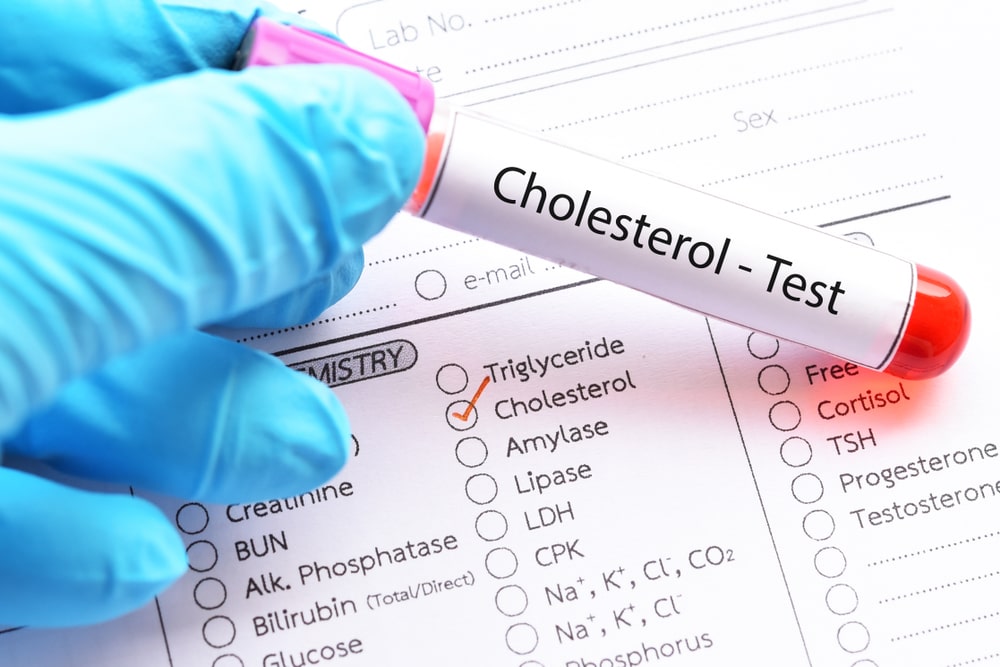
1. Cholesterol testing
Cholesterol testing tends to be overlooked, but it’s one of the most important medical tests in your 50s. Knowing whether or not your cholesterol is high—and if it is, taking measures to control it—can add years to your life.
Cholesterol is a kind of fat that can accumulate in the arteries and raise your risk of cardiovascular diseases like atherosclerosis (narrowed arteries), heart attacks, and strokes.
It’s important to keep in mind that there are no symptoms of high cholesterol, so you can deal with it without knowing it. The only way to know for sure is to have a cholesterol test, which your doctor should invite you to every five years if your age is between 40 and 74 years.
If you’re already on medication to lower your cholesterol, this test should be among the medical tests in your 50s you do every year.
You can have your cholesterol measured with a simple test taken at your GP’s office. If you do have high cholesterol, you can lower it by eating a healthy diet containing plenty of vegetables and fruits, maintaining a healthy weight, and getting regular exercise.
2. Osteoporosis scan
Osteoporosis is a condition that affects your bones, making them prone to fracture. One of the most important medical tests in your 50s is the DEXA scan, which is especially essential if you’re at risk of developing osteoporosis.
How likely you are to develop the condition depends on various factors, including whether you’re underweight, how much you exercise, how much calcium your bones have acquired over the years, and whether you smoke or drink much alcohol.
Since decreased estrogen levels can lead to bone loss, studies show that post-menopausal women are more likely to develop osteoporosis. If you think you might be at risk, you should talk to your doctor and get a DEXA scan. It’s a non-invasive and painless x-ray that measures bone density and looks for signs of osteoporosis. It should be part of the medical tests in your 50s, especially if you’re a woman who’s gone through menopause.
3. Bowel cancer screening
Bowel cancer is one of the most common forms of cancer, and most people diagnosed are over 50. This being said, medical tests in your 50s should include a bowel cancer screening test, which you should get every two years.
While this screening test doesn’t actually diagnose cancer, it can identify possible issues before any symptoms show. According to doctors, early detection of bowel cancer could make you nine times more likely to get successful treatment, which is why experts recommend having a screening as part of the medical tests in your 50s.
While the exact cause of this type of cancer is unknown, research shows that diets high in processed or red meat can increase the risk of developing bowel cancer. Obesity, drinking, and smoking are also thought to be risk factors.
4. Eyesight checks
Eye tests aren’t only necessary when you need glasses or a new lens prescription—they are also one of the medical tests in your 50s that can spot the early signs of health issues you might not be aware of.
For instance, diabetes can lead to retinopathy, a condition that causes long-term damage to eyesight. If your blood glucose levels are too high for a long period, the blood vessels in your eyes can become damaged. This issue can be easily spotted by an optician during a routine eye test.
Eye tests can also identify the early signs of glaucoma, which is the second most common culprit for blindness in the world. Glaucoma can affect anyone, but seniors aged 60 and over are more at risk. However, an early diagnosis can boost your chances of protecting your sight.
Age-related macular degeneration (AMD), which affects a person’s central vision, is another condition that can be detected during a routine eye test.
In other words, eyesight checks are essential medical tests in your 50s that you should know about and not overlook them.

5. Blood pressure check
Blood pressure checks are one of the most common and important health tests around, and they measure the force of your blood within your arteries. High blood pressure, commonly known as hypertension, can damage your arteries, weaken your heart, and increase your risk of heart failure, heart attack, stroke, and kidney disease as a result.
Similar to other medical tests in your 50s, the blood pressure check is incredibly important. Because there are no clear signs of hypertension, the only way to know whether you have it is to have this test taken. Fortunately, this is painless and quick.
Normal blood pressure ranges from 90/60 to 120/80. If your blood pressure has been high (140/90 or more) for more than a few weeks, your doctor will probably diagnose you with high blood pressure and recommend some ways to lower it.
If you have to take regular blood pressure readings, it’s best to buy your blood pressure monitor, and Amazon has plenty of options to choose from.
Keep reading to discover other medical tests in your 50s you should know about!
6. Abdominal aortic aneurysm (AAA) screening
Abdominal aortic aneurysm screening is a method of checking whether there’s any swelling in the aorta, which is the main blood vessel that goes from your heart through your chest and abdomen. If there is, this swelling or bulge is called an abdominal aortic aneurysm (AAA), and it may eventually burst, posing a serious risk if it isn’t spotted early on.
Since there are often no symptoms of an AAA before it bursts, a test could potentially save your life. This is why screening is one of the most important parts of the medical tests in your 50s.
Aneurysms are more common in men than women, and because of that, men over the age of 65 need to do this test regularly. The screening test itself is painless and quick and involves taking an ultrasound scan of your stomach.
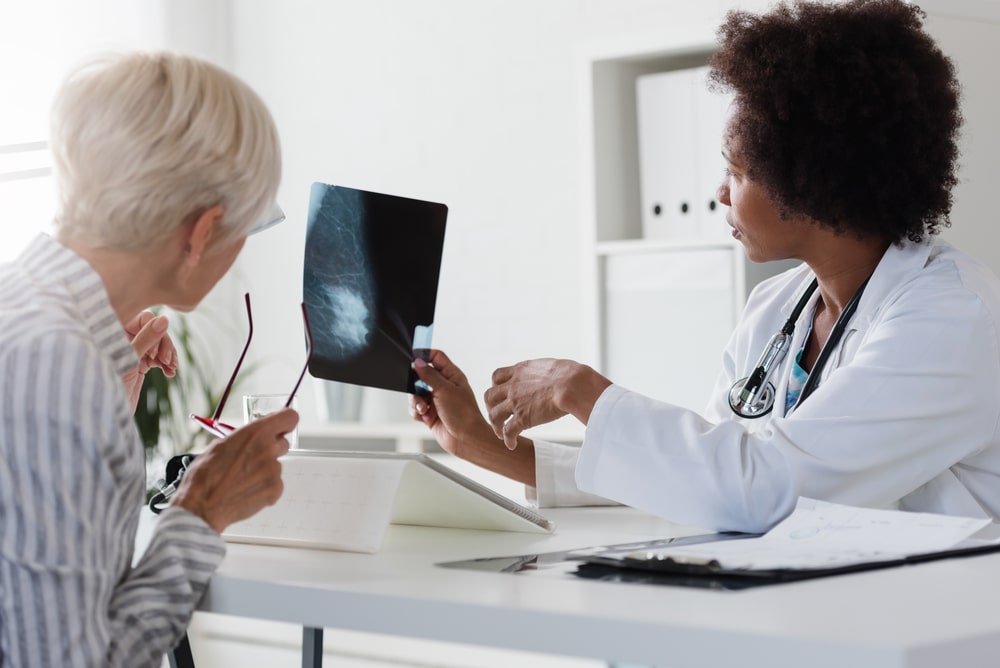
7. Breast cancer screening
Breast cancer screening is also called a mammogram. If you’re a woman, you’ll have an x-ray taken of each breast, and usually the results will be sent to you and your doctor within two weeks.
Breast screening is known to be beneficial in picking up the first signs of breast cancer, which is why it’s one of the most important medical tests in your 50s you should do. The earlier the cancer is found, the higher the chances of surviving it.
The American Cancer Society recommends a mammogram every year for women between ages 45 and 54, and every two years starting at age 55.
8. Prostate cancer testing
Last but not least on our list of medical tests in your 50s you should know if you’re a man is prostate cancer testing. Prostate cancer is one of the most common cancers in men. It usually develops slowly, so there may be no signs of it for many years. The causes of it are largely unknown, but the risk factors increase as you age, and most cases are seen in men over the age of 50.
According to experts, prostate cancer becomes more common if your father or brother had it, and obesity is also believed to increase the risk. Symptoms can include having to rush to the bathroom, needing to urinate more frequently, taking a long time to pass urine, having difficulty urinating, and feeling like your bladder hasn’t emptied fully.
However, it’s essential to note that these can be signs of other conditions too and don’t necessarily mean you have cancer. Also, there’s no single test for this type of cancer—the most common tests are a physical prostate exam, blood tests, an MRI scan, or a biopsy.
If you found our article on medical tests in your 50s helpful, you may also want to read Seniors May Want to Think Twice Before Taking These 10 OTC Medications.



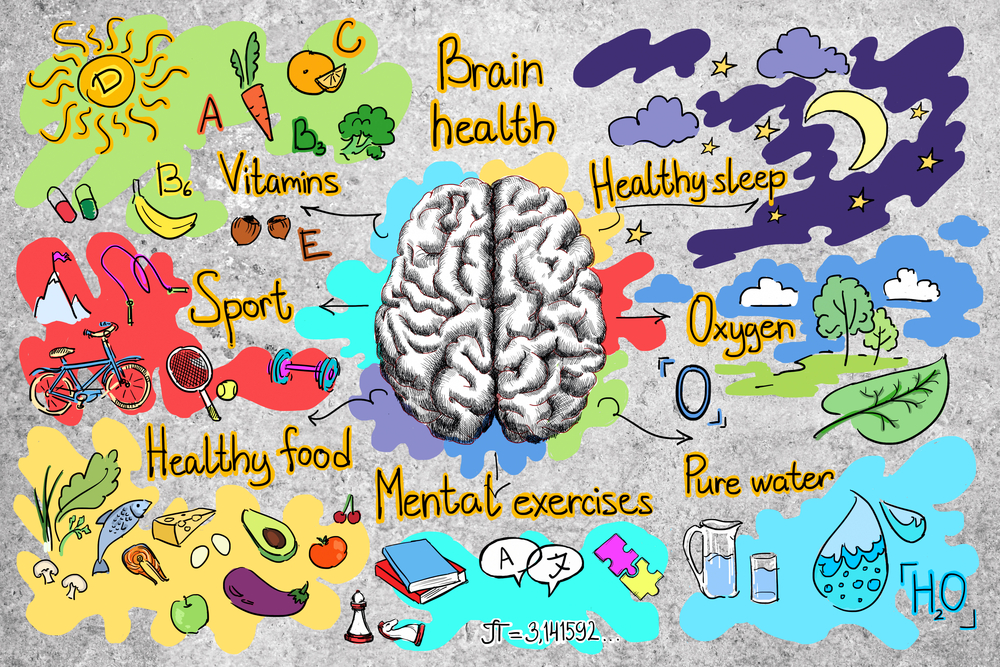

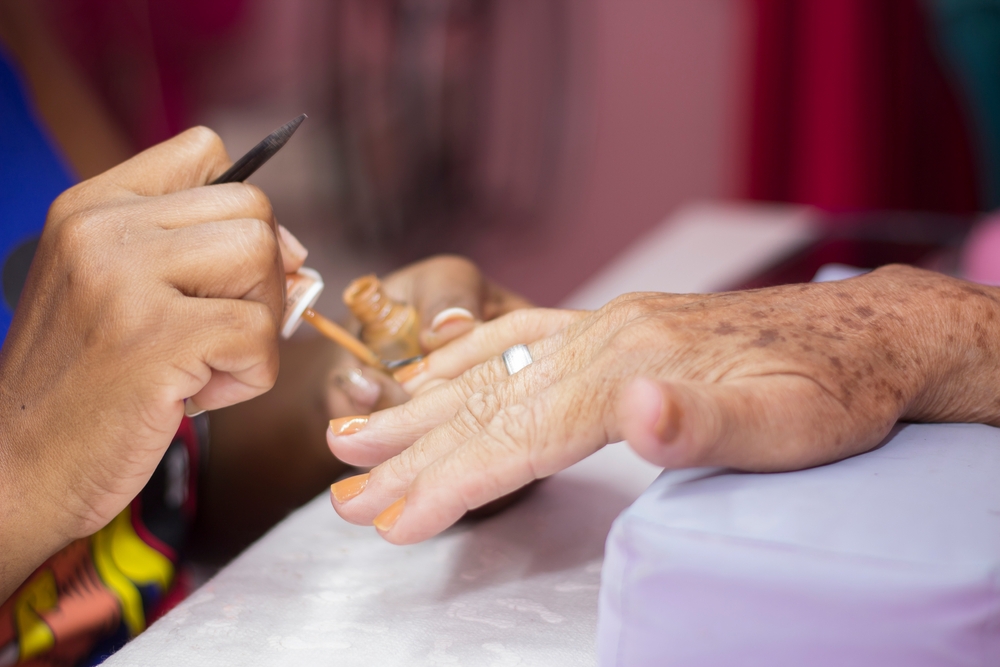

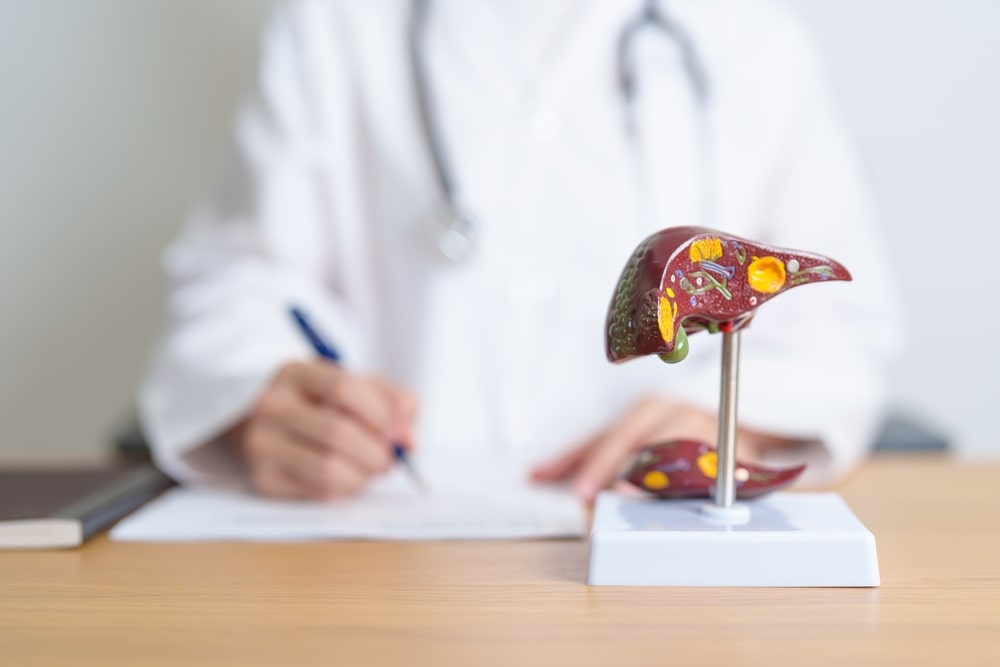

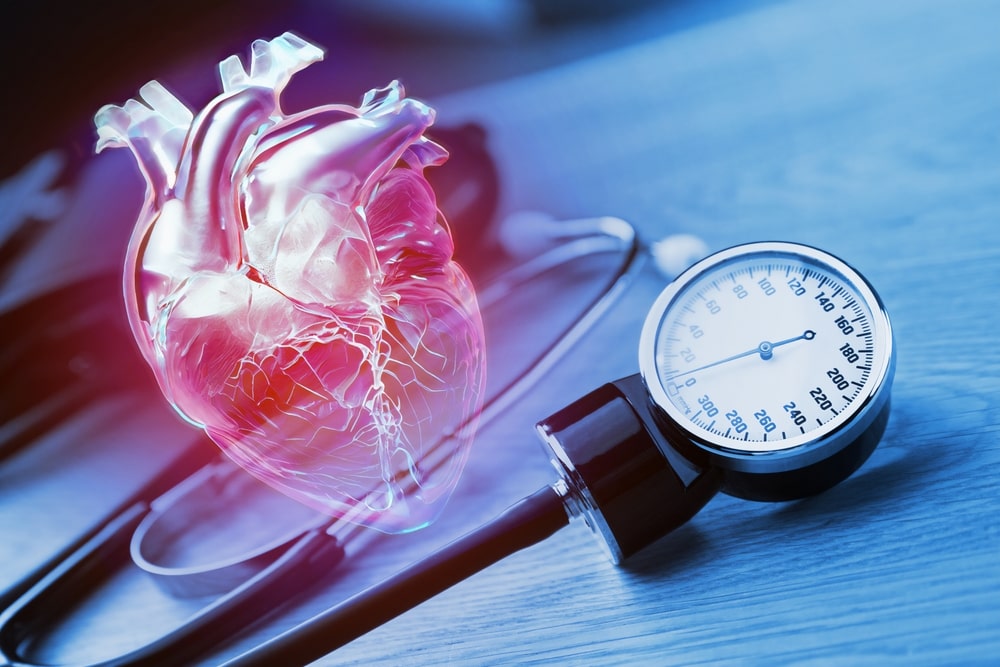

Leave a Reply